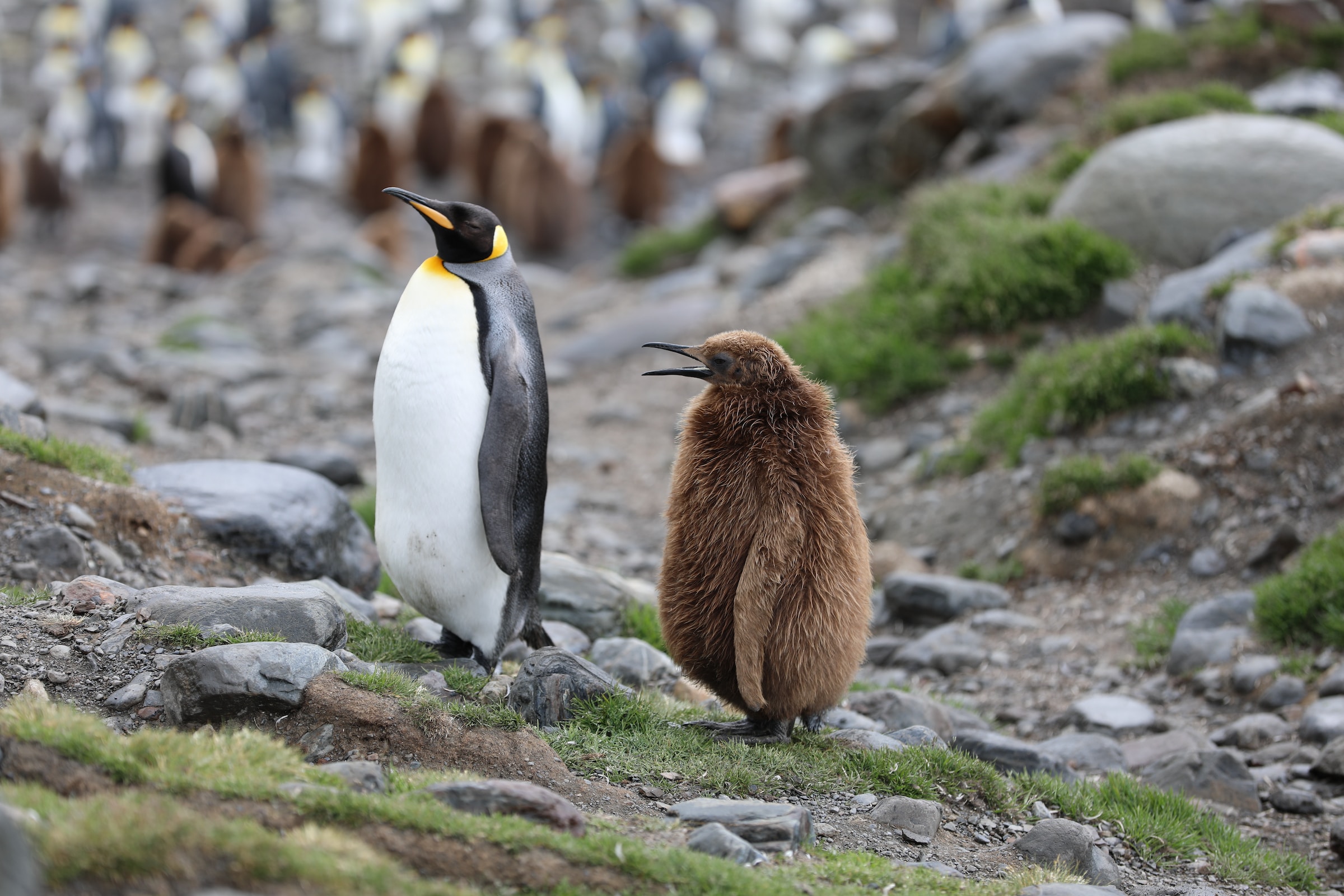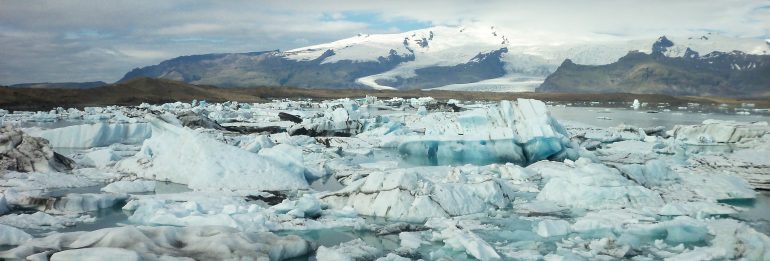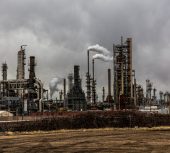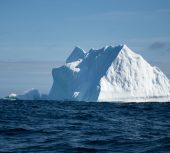Antarctica, a vast frozen wilderness that has stood the test of time, now teeters on the edge of unprecedented change. New data reveals that the continent's sea ice has plummeted to its lowest annual maximum on record, sounding a grave climate warning for our planet.
Breaking Records, Raising Concerns
According to recent findings, Antarctica might have set an unsettling new benchmark. The sea ice around the continent has declined to a level that outpaces the previous low by a staggering million square kilometers. This chilling milestone is a part of a series of records associated with Antarctica's diminishing ice cover. With the escalating threat of global heating, scientists are growing increasingly apprehensive about the region's future.
Each year, around September, the Antarctic sea ice sprawls to its maximum. Between 1981 and 2010, this peak spanned an average of 18.71 million square kilometers. However, this year paints a different picture. Preliminary studies by the US National Snow and Ice Data Center (NSIDC) indicate that on September 10th, the sea ice touched a mere 16.96 million square kilometers, subsequently receding. This year's maximum lags behind the long-term average by 1.75 million square kilometers, and it also trumps the previous record low set in 1986 by approximately 1 million square kilometers.
Deciphering the Decline
Dr. Will Hobbs, a renowned sea ice expert at the University of Tasmania, shed light on this dramatic reduction. Since April, Antarctica's sea ice expansion rate has been alarmingly sluggish. "By May, it was evident that we were on the brink of a significant event," he remarked. While he attributed the sea ice losses in the Ross Sea region to specific wind patterns and warming airstreams, the reasons for ice depletion around the rest of the continent remain elusive.
Intriguingly, Antarctica's sea ice remained fairly consistent until a record dip in the summer of 2016. Since then, the ice levels have plummeted, setting more distressing records. Although the exact cause of this radical sequence of dwindling ice remains under scrutiny, the cocktail of natural variability and global heating appears to be a potent mix.
While Dr. Hobbs feels that the data isn't conclusive enough to squarely blame global heating, he concedes that the current sea ice reduction aligns with climate change projections. The NSIDC expressed concerns over the consistent losses since 2016, emphasizing the probable correlation with the warming of the upper ocean layers. Their update warns, "Given the global oceanic warming trends, and the intensified mixing in the Southern Ocean's polar layer, this might just be the onset of a prolonged phase of Antarctic sea ice decline."
Ripple Effects: From Penguins to Rising Oceans
The repercussions of the dwindling ice stretch beyond just climate figures. Last year, a significant number of emperor penguin chicks succumbed to the fragmented and unstable sea ice across multiple colonies.

Penguins also suffer from melting ice
Dr. Ariaan Purich, an expert in Antarctic climate at Monash University, pointed out that the top 300 meters of the Southern Ocean enveloping Antarctica has been distinctly warmer post-2016. She highlighted the cascade effect of diminishing sea ice: the sea ice serves as a natural barrier, preventing land-based ice from entering the ocean—a phenomenon that could potentially elevate sea levels by several meters. Additionally, sea ice acts as a reflector, bouncing back the sun's rays into space. A shortage of this reflective shield means more sunlight gets absorbed, further heating the Southern Ocean and exacerbating ice loss.
Conclusion: A Future Uncertain, A Need Immediate
As Antarctica’s icy sheen fades, the global scientific community is on edge. The cascading consequences of melting sea ice could reshape our world in ways previously relegated to dystopian fiction. But these events are unfolding now, and as Dr. Purich cautions, "Low sea ice levels might just be our new normal."
The decline of Antarctic ice serves as a stark reminder of our planet's vulnerability. As we stand at this climate crossroad, the imperative is clear: the world needs to come together, comprehend the gravity of the situation, and act decisively to safeguard our shared future.
©GlobalCO2.uk





